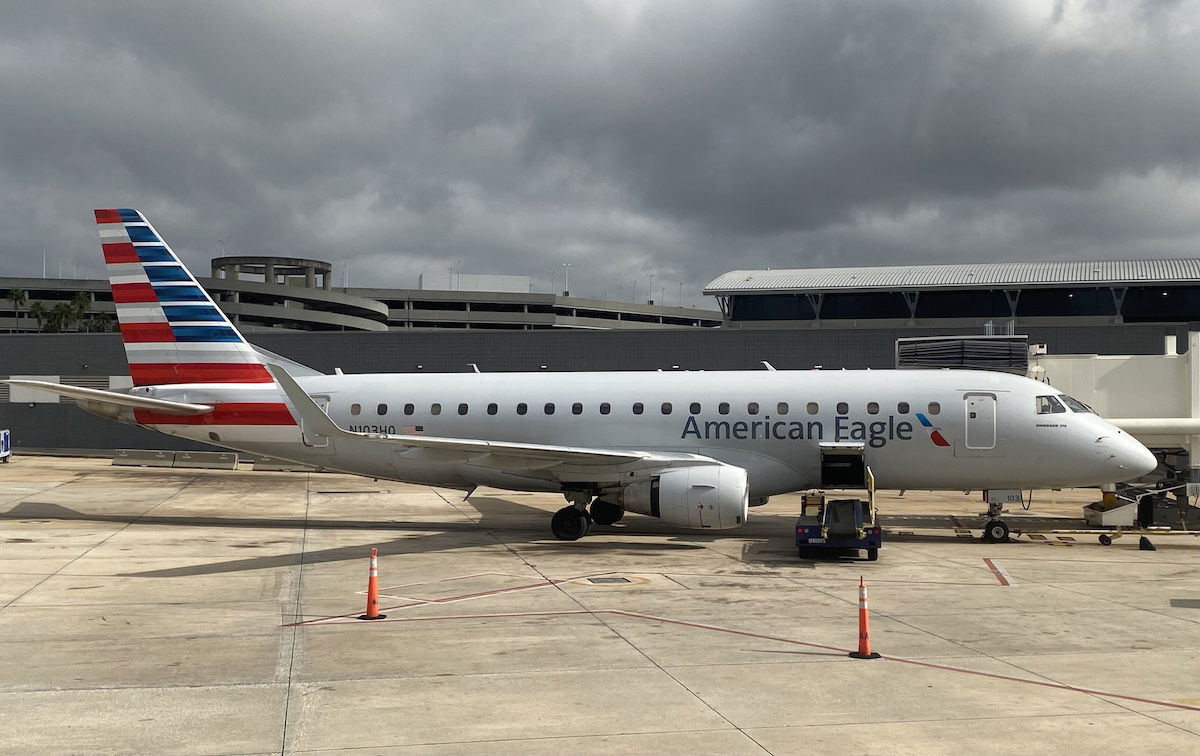
## Taking the Controls: The FAA Nomination and Pilot Concerns
The nomination of a new administrator for the Federal Aviation Administration (FAA) is always a significant event, impacting everything from air safety regulations to the efficiency of air travel. However, the recent nomination has sparked considerable debate within the pilot community, raising important questions about the future direction of the agency. The concerns aren’t about the nominee’s qualifications per se, but rather about potential conflicts of interest and a perceived disconnect between the nominee’s background and the priorities of pilots.
The candidate, a seasoned executive from the airline industry, brings a wealth of experience in managing a large organization. His career demonstrates a deep understanding of airline operations, scheduling, and financial management. This experience undoubtedly offers valuable insights that could contribute positively to the FAA’s work. However, this very experience also lies at the heart of the concerns raised by many pilots.
The primary concern revolves around the potential for regulatory capture. Regulatory capture occurs when a regulatory agency, designed to protect the public interest, becomes overly influenced by the industry it regulates. This can lead to weaker safety standards, lax enforcement, and ultimately, increased risk to passengers and flight crews. Pilots worry that an administrator with a strong background in the airline industry might be more inclined to prioritize the interests of airlines over the concerns of pilots and passengers.
While the nominee’s expertise in airline operations is undeniable, some argue that this expertise might overshadow the critical need for an independent and impartial regulator. Pilots are acutely aware of the pressures faced by airlines to maximize profits, pressures that can sometimes lead to shortcuts that compromise safety. They worry that an administrator from within the industry might be less sensitive to these pressures and less inclined to challenge potentially unsafe practices.
The debate extends beyond safety concerns. Pilots are also concerned about the nominee’s potential approach to issues such as pilot workload, fatigue management, and the implementation of new technologies. They fear that an administrator deeply embedded in the airline industry’s perspective may not fully appreciate the challenges pilots face daily and may not prioritize the necessary resources to address these issues effectively.
Moreover, the nominee’s leadership style and approach to stakeholder engagement will play a significant role in determining the success of his tenure. Open communication and collaboration with pilot unions and other stakeholders are crucial for maintaining a safe and efficient air transportation system. If the nominee prioritizes the airline industry’s perspective over open dialogue and collaboration, this could lead to further strained relationships and potentially hamper progress on critical safety initiatives.
Ultimately, the confirmation process provides an opportunity to address these concerns. The Senate confirmation hearings must thoroughly examine the nominee’s commitment to independent regulation, his willingness to prioritize pilot safety and concerns, and his plan to foster constructive relationships with all stakeholders within the aviation industry. A transparent and rigorous process is vital to ensure that the FAA remains a strong and effective regulator, working to protect the public and maintain the highest standards of aviation safety. The future of air travel, and the safety of countless passengers and pilots, hinges on these crucial considerations.



Leave a Reply